By DLLC – Law Firm in Singapore
Service agreements are crucial tools that define the framework of the relationship between a service provider and their client. These contracts are essential for outlining expectations, ensuring legal protection, and providing clarity to all parties involved. This guide will explore the importance, use, and creation of service agreements in Singapore.
What are Service Agreements?
A service agreement is a specific type of contract between two parties where one party agrees to provide a specified service to the other. It outlines the terms of engagement, detailing the services to be provided, the obligations of each party, payment terms, and methods for dispute resolution. Its primary purpose is to ensure clarity, fairness, and mutual understanding between the client and the service provider on the service standards and obligations to be provided.
Unlike a general contract agreement, which can encompass any variety of arrangements between parties, a service agreement specifically focuses on the performance of specific services rather than the exchange of goods. Additionally, it’s essential to differentiate a service agreement from a contract for service. A contract for service is an arrangement between an organisation and an independent contractor, such as a freelancer, who is engaged to perform a specific task or project for a predetermined fee.
While contracts for service are sometimes referred to as “freelance service agreements” or “independent contractor agreements”, the difference often lies in the nature of the employment relationship and the specific legal implications in different jurisdictions.
Why are Service Agreements Used in Singapore?
Locally, service agreements protect legal rights and define the relationship between service providers and clients. They help prevent misunderstandings and provide a clear legal framework that can be utilised in disputes. Service agreements are particularly important in Singapore due to the business-friendly yet strict regulatory environment that governs commercial transactions.
When are Service Agreements Used in Singapore?
Service agreements are crucial in many situations, particularly where services are provided on a freelance or contract basis. Locally, service agreements are commonly used by:
- Freelancers
- Contractors
- Consultancy firms
- Businesses that provide a service rather than a physical product
These agreements are especially prevalent in industries such as information technology, marketing, consulting, and any other sector that involves business-to-business or business-to-consumer services. This is because they help define the scope of work, payment terms, and deliverables, which can often be variable and subject to interpretation within these sectors.
Parts of a Standard Service Agreement
A standard service agreement typically includes several key components:
-
- Scope of Services: A detailed description of the services to be provided.
- Payment Terms: Conditions for payment amounts, schedules, and methods.
- Duration: The timeframe of the service provision.
- Obligations and Rights: Responsibilities of both the service provider and the client.
- Termination Clauses: Terms under which the agreement can be terminated.
- Dispute Resolution: Methods for resolving disagreements between the parties.
- Service Level Agreements: Specifics on the expected level of service performance and quality, detailing metrics and standards that the provider must meet.

Limitations of a Standard Service Agreement
While standard service agreements are beneficial, they also have limitations. These limitations often arise from the use of generic terms that may not cover specific needs or address unique scenarios of certain industries.
For instance, if you are a business providing a service to a client in the media industry, a standard agreement might lack provisions on intellectual property rights or data handling that are crucial for media-related contracts. These omissions can lead to gaps in legal protection and potential disputes.
How to Create a Service Agreement
There are several ways to draft a service agreement. The option you choose is dependent on your specific needs and situation. However, the key is ensuring the contract is clear, fair, and enforceable. Here are the common methods for drafting a service agreement:
1. Using Service Agreement Templates
Service agreement templates are available online and can be a starting point for drafting agreements. When using a service agreement template, it is important to ensure that it comprehensively covers all specific terms relevant to your business and the services provided. Additionally, verify that the template is up-to-date with current laws and regulations to avoid legal oversights.
However, relying solely on templates may not be advisable for more complex agreements. For example, a template may not provide sufficient coverage for international service provisions where additional legal compliances are required.
2. Engaging Professional Lawyers
Engaging corporate lawyers, such as those at DLLC, can ensure the quality of your service agreement. This is because corporate lawyers can provide personalised service and have deep expertise in drafting agreements that comply with Singapore’s employment and service laws. By consulting professional lawyers, businesses can ensure their service agreements are comprehensive and legally sound.
For those seeking to secure their service engagements in Singapore, DLLC offers drafting services and expert legal advice on employment laws to tailor your service agreements to your specific needs. Whether you’re looking to negotiate your lease agreement or sell your company, DLLC ensures that you are set up for success. Contact us today to talk to our corporate lawyers.







